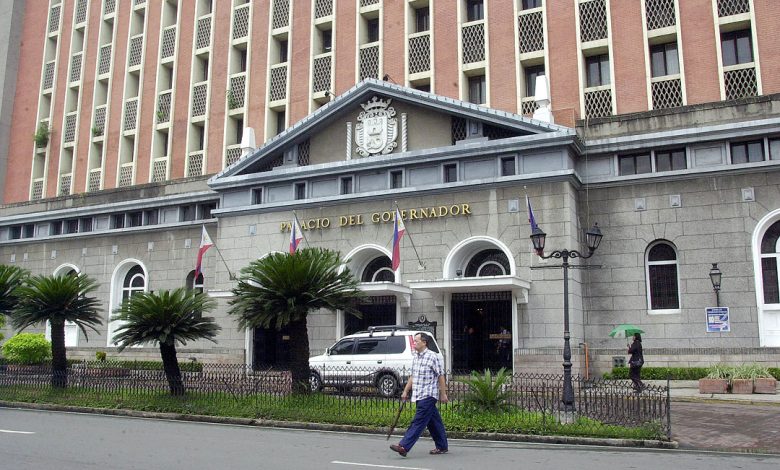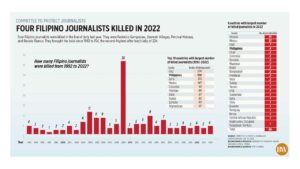Six of 10 substitution candidates for 2022 have Duterte links

MAJORITY of the 10 candidates who substituted for national elective positions next year have links to the Duterte administration, according to Commission on Elections (Comelec) data.
Twenty-two national candidates dropped out of the race, as the deadline for substitution lapsed on Nov. 15.
Of the 10 aspirants who substituted for relatively unknown candidates, six have links to President Rodrigo R. Duterte, who himself substituted for a senatorial bet of another party.
Among those who substituted for so-called placeholders were Davao City Mayor and presidential daughter Sara Duterte-Carpio for vice president, ex-Duterte aide Senator Christopher Lawrence T. Go for president, former anti-communist task force spokesman and retired military officer Antonio G. Parlade, Jr. for president, former national police chief Guillermo Lorenzo T. Eleazar for senator, and former presidential spokesman Herminio L. Roque, Jr. for senator.
Television personality Joseph Peter Sison who is running for senator, substituted for broadcaster Noli de Castro under Aksyon Demokratiko.
Former Party-list Rep. Walden F. Bello substituted for a member of Partido Lakas ng Masa to run for vice-president in tandem with labor activist Leodegario “Ka Leody” de Guzman.
Election watchdog KontraDaya has said the mockery of election rules, particularly the withdrawal and substitution for the country’s two highest positions, could have been avoided if the Comelec “declared as nuisance candidates those who were clearly placeholders.”
Comelec should redeem itself by declaring these placeholders as nuisance candidates, it said.
Election spokesman James B. Jimenez last month said a candidate’s admission of being a placeholder was not enough basis for disqualification.
Mr. Jimenez on Monday said more candidates for next year had resorted to substitution, which Mr. Duterte used as a tactic in 2016.
“Substitution has been going on for a long time,” he said. “It’s been part and parcel of the practice in Philippine politics. Maybe it just became more prominent now precisely because it is played out at the highest levels.”
Congress should pass a bill regulating the practice, he said. “The Comelec will abide by what Congress passes, but as far as the Comelec is concerned, substitution remains a necessary and valid procedure.”
Meanwhile, Senate President Vicente C. Sotto III said Mr. Duterte should disclose his net worth for transparency.
“The people expect transparency from their leaders,” the Senate chief, who is running for vice-president, told the ABS-CBN News Channel.
The disclosure of net worth by election candidates should be voluntary since making it compulsory would be illegal, he said, citing jurisprudence.
“It has to be voluntary,” he said. “For the candidates that don’t want to submit their statement of assets, liabilities and net worth, we would know that they are untrustworthy.”
The presidential palace in August said it would leave to the Ombudsman the decision of releasing Mr. Duterte’s net worth statement.
Mr. Duterte had not disclosed his net worth despite his vow of transparency, the Philippine Center for Investigative Journalism reported last year.
Since the law requiring public officials to disclose their net worth was enacted in 1989, all five presidents before Mr. Duterte had disclosed their worth year after year without fail, it said.
Under a memo issued by the Ombudsman in September, an official’s net worth report may only be released to his authorized representative or upon a court order.
The Ombudsman order also excluded journalists from obtaining copies of the statements. — Kyle Aristophere T. Atienza and Alyssa Nicole O. Tan




